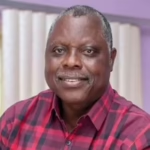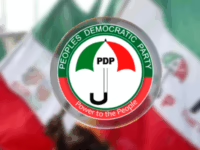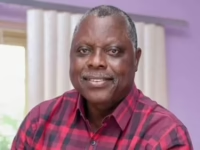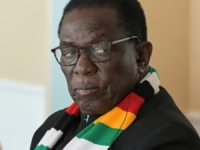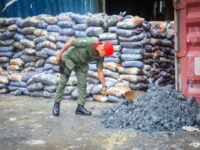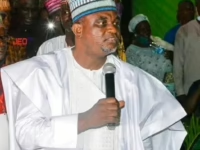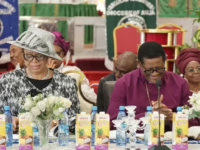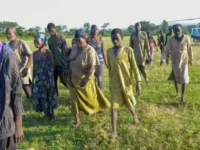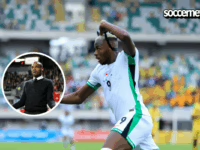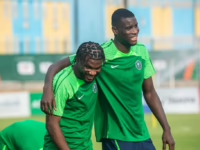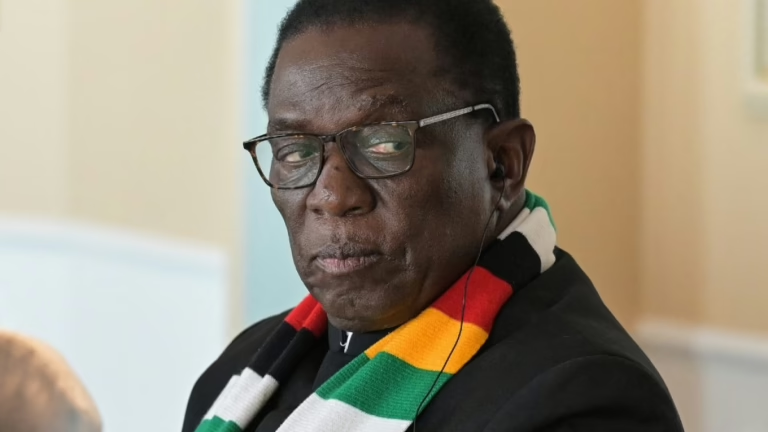Supporters of Mnangagwa advocate for extending his presidency to 2030 amid divisions within ZANU-PF and opposition vows to challenge the move legally.
Published On 18 Oct 2025
The ruling party in Zimbabwe, ZANU-PF, has announced intentions to initiate a process aimed at prolonging President Emmerson Mnangagwa’s tenure by an additional two years, potentially extending his leadership until 2030.
This proposal received approval during the party’s annual gathering held in Mutare, located in the eastern region, where delegates mandated the government to commence drafting constitutional amendments, according to Justice Minister and ZANU-PF’s legal secretary, Ziyambi Ziyambi.
Currently, Mnangagwa, aged 83, is constitutionally bound to step down in 2028 after completing two elected terms. Implementing this extension would necessitate amending the Constitution, a process that legal experts suggest might also involve public referendums.
The motion’s passage was met with enthusiastic applause from delegates, underscoring ZANU-PF’s continued reliance on a securitized governance approach since Zimbabwe’s independence in 1980. Holding a parliamentary majority, the party wields considerable influence, though some insiders caution that the move could provoke legal challenges.
While Mnangagwa has publicly portrayed himself as a staunch adherent to constitutional principles, expressing no desire to overstay in office, his supporters have quietly advocated for an extended term following last year’s contentious election. Conversely, factions within the party aligned with Vice President Constantino Chiwenga have openly opposed the extension.
Blessed Geza, a liberation war veteran and ally of Chiwenga, has leveraged YouTube livestreams to denounce the extension campaign, attracting thousands of viewers. Despite calls for widespread demonstrations, these have struggled to gain momentum amid a strong police presence in Harare and other urban centers.
Notably, President Mnangagwa did not address the term extension during his concluding speech at the conference, and Vice President Chiwenga has remained silent on both the extension proposal and the protests.
Severe Economic Challenges
Mnangagwa assumed power in 2017, promising sweeping democratic reforms and economic revival after the ousting of long-serving President Robert Mugabe.
However, his administration has overseen a deepening economic crisis characterized by runaway inflation, soaring unemployment rates, and persistent corruption allegations. Critics argue that ZANU-PF has systematically suppressed dissent, undermined judicial independence, and transformed elections into controlled exercises rather than genuine democratic contests.
Opposition legal experts have warned that any constitutional amendments aimed at extending Mnangagwa’s rule will face vigorous judicial opposition.
“We are committed to safeguarding the Constitution from being hijacked to serve an unlawful and anti-people agenda,” stated opposition lawyer Tendai Biti on the social media platform X.
Recently, ten senior activists, mostly in their sixties and seventies, were detained in Harare on accusations of planning protests calling for Mnangagwa’s resignation.
They face charges of inciting “public violence” and remain in custody pending a bail hearing scheduled for Monday. Earlier this year, authorities arrested nearly 100 young activists under similar circumstances.
This unfolding political drama has highlighted an intensifying power struggle within ZANU-PF. One camp supports extending Mnangagwa’s presidency until 2030, while another is positioning Vice President Chiwenga, the former military commander instrumental in Mugabe’s 2017 removal, as a potential successor.


